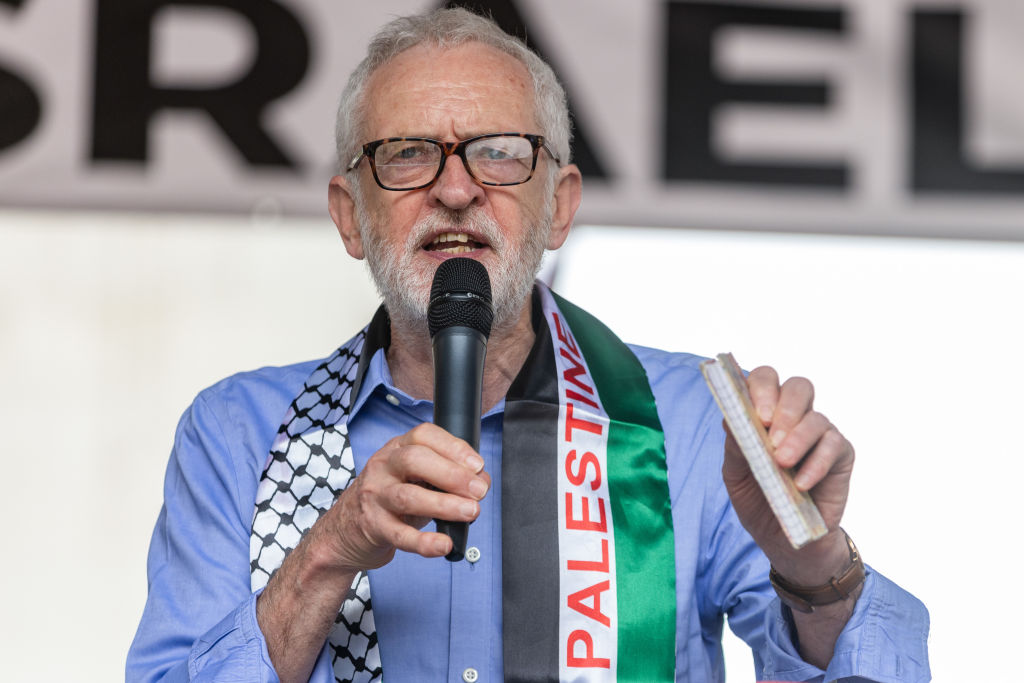After months of speculation, Jeremey Corbyn announced late last week that he will stand as an independent candidate in Islington North, where he has served as MP since 1983. In a video announcing his run, the former Labour leader argued that local members “have been denied the right to choose their own candidate”. He stated that his exclusion from the Labour shortlist was fundamentally undemocratic and had “disempowered” his constituents.
In historical terms, Corbyn’s odds are not good. Putting aside the party splits of the Thirties and Eighties, just four former Labour MPs have gone on to win their seats as independents. Politicians often vastly overestimate their own personal appeal, such as when anti-Brexit MPs stood as independents at the last election. In 2019, Conservative Gagan Mohindra defeated Remain supporter David Gauke with a majority of over 14,000, despite Gauke having represented the seat for 14 years and served in the Cabinet.
Independent Parliamentary candidates have several critical weaknesses. They lack a local party infrastructure, with councillors and party members providing an enduring grassroots base of activists. They sometimes struggle with funding, which is vital to boosting their name recognition.
What’s more, partisanship, although much more volatile than in the past, still guides vote choice. The national media frames the general election in terms of party politics, a basic choice for voters between the incumbent government and the official opposition. Independents fit uneasily in this dichotomous framing. There are too many constituencies for the traditional media to provide in-depth analysis of peculiar local factors.
Yet there are good reasons to think that things could be different for Corbyn, who is almost uniquely well-disposed to hold his seat as an independent. While a Corbyn victory is by no means certain, Islington North might be one of the few Labour losses on 4 July.
Of course, Corbyn has basically universal name recognition in Britain, as well as an unparalleled record of service in the constituency. This will be his 11th time standing in Islington North, a record that will be surpassed by no other Parliamentary candidate at the next election. Corbyn has lived in Finsbury Park for four decades. He knows the local business owners and is an active supporter of community groups. It is telling that he began his announcement video listing various local issues, before entering into the wider discussion of Labour Party democracy.
Another factor in Corbyn’s favour is that party loyalty is weaker now than it used to be. We live in a volatile political age. Although Labour is riding high in the polls, in the early months of this parliament the Conservatives were doing even better than Keir Starmer’s party is now. Tribalism is waning, and voters are more likely to lend their vote to different parties. Fewer people now see themselves as “lifelong Labour” or “lifelong Tory”.
It’s also worth noting that Starmer’s pitch has been to middle England, not North London. Even the strong national polling for Labour should not be mistaken for an intensity of affection for the party leader. This week, 46% of voters said they thought Starmer was doing “badly” as Labour leader, compared to just 36% who thought he was doing well. Corbyn, meanwhile, has a loyal band of activists and a capacity to fundraise unmatched by other independents. Last month, Left-wing ex-Labour mayor Jamie Driscoll was able to raise £147,000 for his (failed) independent candidacy for the North East mayoralty. Corbyn won’t have to raise as much money for a far smaller electorate, but he certainly could if he needed to.
Crucially, Corbyn takes clear and consistent policy stands which endear him to the Left-leaning electorate of Islington North, differentiating him from Starmer’s Labour Party. Corbyn supports nationalising the Royal Mail, water and energy. He opposes the two-child benefit limit. He has consistently challenged Israel’s intervention in Gaza. He can therefore present himself as the “principled” Left-wing choice.
A year ago, I wrote here that Starmer would regret ejecting a previous leader from the party, a move which is historically anomalous within Labour (with the very different exception of Ramsay MacDonald in 1931). While Starmer is likely to see Labour make dozens of gains on 4 July, his decision to purge Corbyn from the party could cost him at least one constituency that night.











Join the discussion
Join like minded readers that support our journalism by becoming a paid subscriber
To join the discussion in the comments, become a paid subscriber.
Join like minded readers that support our journalism, read unlimited articles and enjoy other subscriber-only benefits.
Subscribe